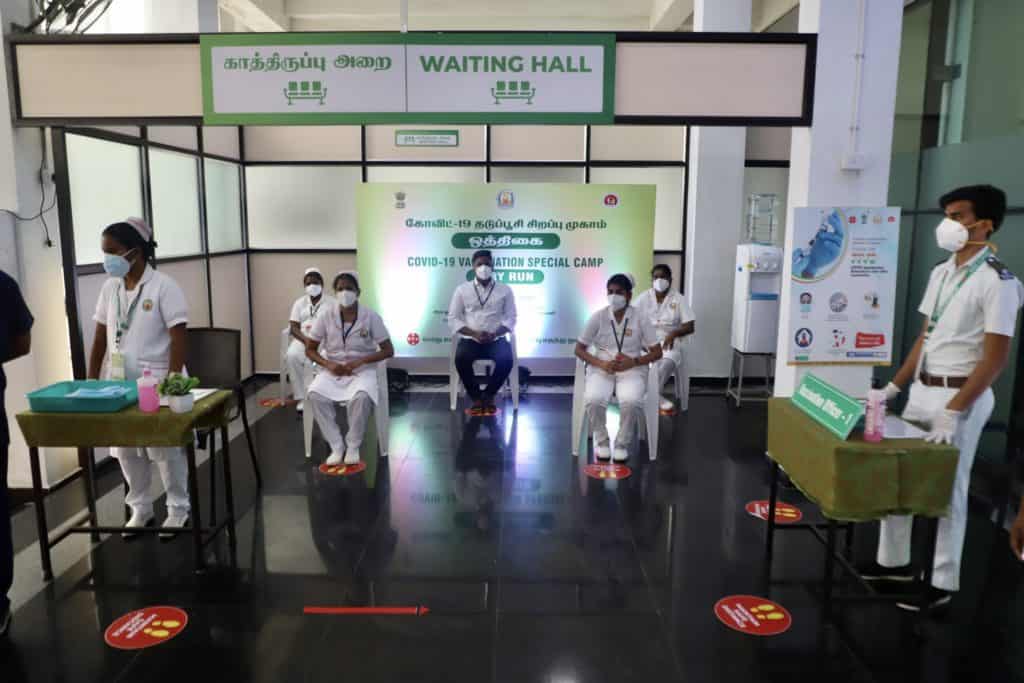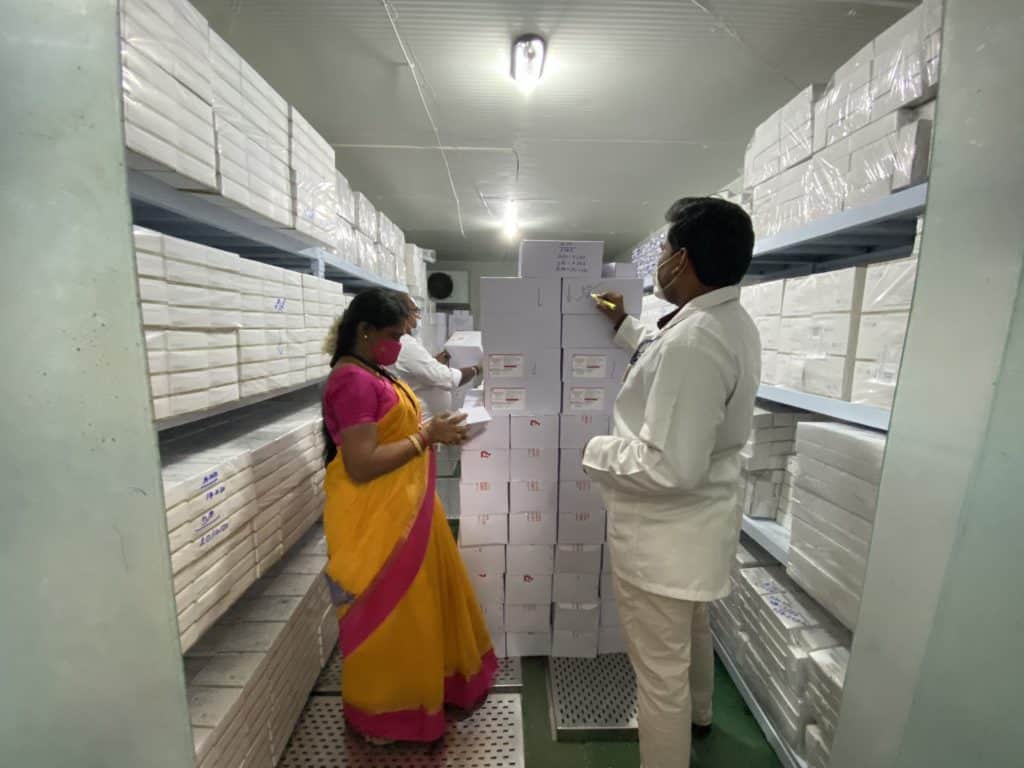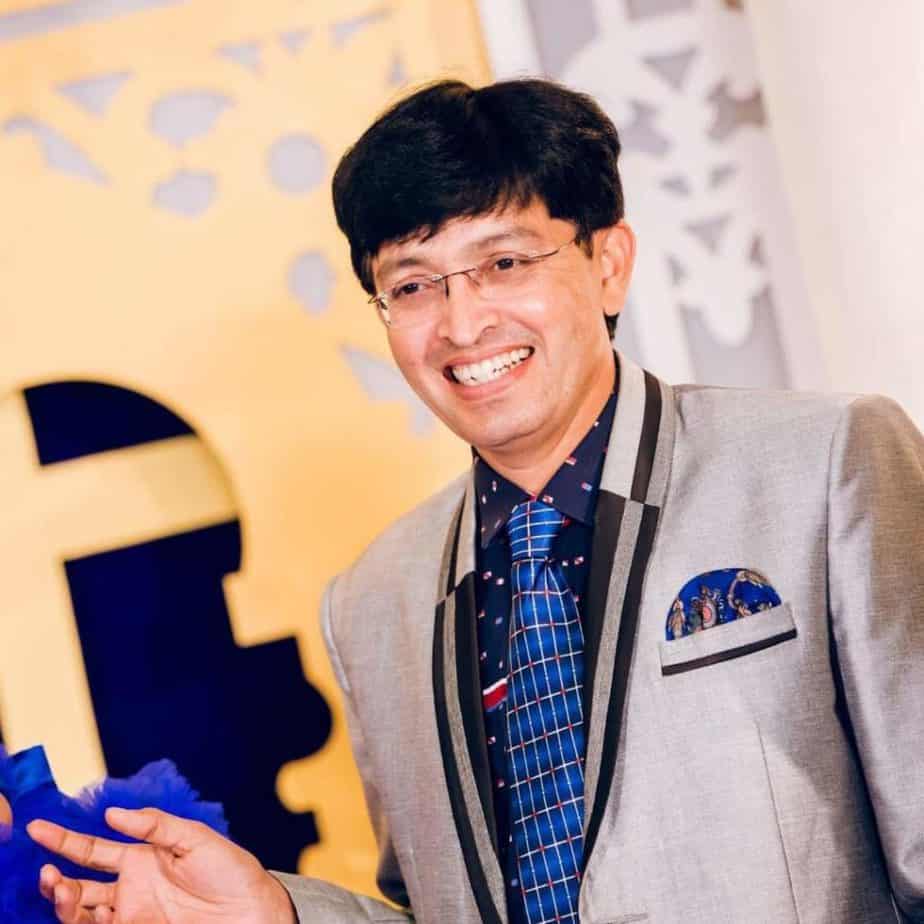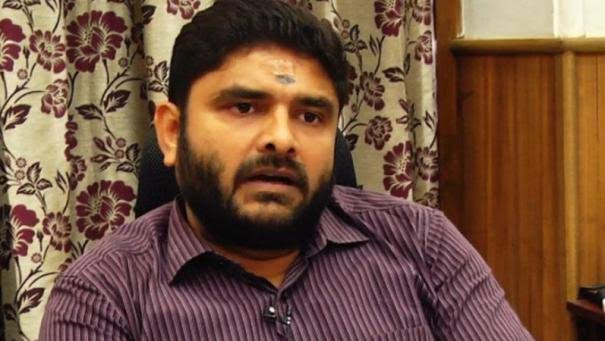Just as the rest of the world and our country, Chennai too is waiting with bated breath for the COVID-19 immunisation programme to start, the only ray of hope after a terrible year spent fighting a novel contagion.
From conducting dry run exercises in the hospitals to registering priority groups for the first phase of vaccine, multi-disciplinary government committees in Tamil Nadu and Chennai are working on this massive exercise. While the date of commencement of vaccination has not yet been specified, health officials say that the city is adequately prepared to start the exercise immediately as they hear from the Union ministry.
In order to understand the process better and set reasonable expectations, we spoke to the Health Secretary of the Tamil Nadu government, J Radhakrishnan and Commissioner, Greater Chennai Corporation, G Prakash.
Here are some excerpts:
Are there adequate arrangements and wherewithal to vaccinate the entire Chennai population? Will the purpose be achieved if all cannot be vaccinated within a reasonable span of time? Currently, what is the time frame we are looking at?
Radhakrishnan: We have identified around 47,000 session sites (government and private health care facilities) across Tamil Nadu. There are an adequate number of sites in Chennai. The pandemic has called for a unique kind of vaccination, where priorities have to be set based on the availability of vaccines.
Since we have conducted extensive universal immunisation programmes, we already have 15 walk-in coolers in the state to store the vaccine. But 51 coolers have been exclusively built by the Tamil Nadu Medical Corporation to store 2.5 crore-odd COVID vaccines in all districts, including Chennai. We have also identified 2800 secondary cold storage points in sub-district and zonal levels of Tamil Nadu. The storage space for universal immunisation programmes should not be used for this purpose. The time frame of vaccination is dependent on the central government’s supply schedule.
Prakash: To cover the city population, GCC is preparing for vaccine storage in a phased manner. The vaccine storage room and cold chain management are being prepared for the first phase, in which health care workers will be vaccinated.
The COVID-19 vaccine (Covishield) is to be administered in two doses, 28 days apart. We will need 30 – 40 days to vaccinate the healthcare workers in Chennai.
We are looking at a one-year time frame to complete the schedule for all the four phases subject to due availability of vaccines. Vaccination for COVID-19 is voluntary. But it is essential to complete the schedule of COVID-19 vaccines to limit the spread of the disease.
The delivery of the vaccine will progress in a phased manner, as below:
First phase: Health care workers from government and private facilities grouped in nine categories — Medical Officers, Nurses & Supervisors, Paramedical staff, Front line Health and Anganwadi centre workers, Support Staff, Students (medical, dental, Nursing and others), scientists, administrative and other Health staff
Second phase: Frontline workers: Corporation staff, Revenue officials engaging in COVID-19 containment, surveillance and associated officers, Police department officers.
Third phase: Elderly people above 50 years and people below 50 years with co-morbidities.
Fourth phase: General population
How many centres in Chennai have been identified for vaccination?
Prakash: For the first phase, the registered beneficiaries shall be linked to fixed session sites in Corporation health facilities (140 Urban Primary Health Centres, 16 Urban Community Health Centres, 3 Emergency Obstetric Centres). Private hospitals and medical colleges with more than 100 beds are also part of the vaccine exercise. We are looking at vaccinating 100 persons/ day / centre.
How many workers have been trained for vaccination? What was the training process like?
Radhakrishnan: As far as preparedness is concerned, we have identified 21,000 vaccinators in Tamil Nadu.
Prakash: A total of 1753 vaccinators have been trained for the purpose in Chennai. Medical and Health officers at the zone level (Medical Officer, MCHO, Staff Nurse, Urban Health Nurse and Pharmacist) underwent training on operational guidelines, bulk upload of beneficiary data for the registration process, portal entry of vaccination schedule and status in the COVID-19 Vaccine intelligence Network (CO-WIN).
How will the actual vaccine delivery process take place?
Radhakrishnan: A session site consists of a waiting room, vaccination room and observation room. Strict protocols are underway to ensure social distancing. Five vaccinators will be allocated for each site. There will also be adequate arrangements to handle adverse medical situations such as minor allergies etc, if they arise.
The government of India has allocated 33 lakh syringes and needles to the state department, which are at the central drug supply depot. We also have around 17 lakh needles and syringes.
When the time is appropriate, we will make the central government’s CO-WIN application open for other categories (general public) to register for vaccination. Right now, only healthcare workers can register and more than six lakh of them from the state have done so, already.
Prakash: For the first phase, COVID-19 vaccines shall be provided by the central stores at the state headquarters, from where the vaccines shall be delivered to the session sites. Trained vaccinators will be available at the session site and healthcare workers in the 15 zones will be linked to their respective health facilities for vaccination.


There is a concern that people could register through fake certificates to get the early jabs. How does the government prevent fraud in vaccination?
Radhakrishnan: Registration and verification is done systematically. Citizens should furnish their identity proofs in the application. The vaccinator checks for the name in the list. Verification will be done at three levels to keep fraudsters at bay.
Just like in the electoral process, citizens are informed about the date and venue of vaccination. The ultimate goal is to vaccinate everyone, but it is important to focus on the priority groups for now.
Do you think vaccination in this phased manner will lead to herd immunity ?
Radhakrishnan: More and more people will develop the antibodies after vaccination. It will reduce the spread of the disease. Vaccination is a definite scientific step forward in addition to behavioural methods that muct continue in tandem, such as ensuring social distance and wearing masks at all times.
Could you tell us about the committees formed to make vaccination a smooth exercise?
Radhakrishnan: Like pulse polio, COVID-19 vaccination is a massive exercise. The Chief Minister has constituted several committees — a state-level committee headed by himself, the state task force headed by me, district level committees headed by the collector and a city level committee headed by the commissioner of the respective local body.
Departments involved in vaccination besides GCC and Health department:
- Women & Child Development/ICDS
- Education Department
- Municipal Administration Department
- State Police Department
- Public Works Department
- Information & Broadcasting
- Social Welfare department.
- Information and Technology
- Department of power
How can citizens register for COVID-19 vaccination? What are the necessary documents?
Prakash: In the first phase, the GCC and health department have shortlisted both government (4 medical colleges, 1 sub-district and 169 primary and secondary healthcare departments) and private healthcare facilities. Registration process will happen through bulk upload of beneficiary data in the COVID 19 Vaccine Intelligence Network (CO-WIN) portal.
A standard Excel template has been used for upload on the COWIN web portal containing information on Date Of Birth, government authorized ID number, Employee ID number and address. Any government authorized ID card – voters ID, PAN card, passport, driving licenses, bank pass book and ESI cards is a must to get registered for vaccination.
Self registration process shall be rolled out after vaccinating the healthcare and frontline workers and the high risk groups.
What steps is the government taking to spread awareness and complete information to citizens?
Prakash: By using integrated advocacy, communication and social mobilization strategies, awareness is being created on four key fronts: information on the new COVID-19 vaccine, vaccine hesitancy, vaccine eagerness and COVID appropriate behaviour.
We are sensitising the public through social media (Facebook, WhatsApp and YouTube), community media, mass media (cable TV, television, radio, mobile and print), outdoor media (wall paintings, hoarding, LED scroll, poster, banner) and one-to-many communications through influencers, frontline workers and celebrities.
How will GCC deal with the tonnes of waste generated through the massive vaccination drive?
Prakash: It will be collected by the biomedical waste management agency. Tamil Nadu Pollution Control Board is in charge of it.


So far the fight against Covid 19 has been immensely successful… Wishing the people responsible for vaccinating the population all success…
Is there any way to donate vaccine to needy by the public.
As proposed vaccine is necessary to all the citizens, a proper system is needed to be developed to immune all equally without any bias, for which it is suggested a proper and easy procedure may be evolved so as to poor and uneducated persons also ought to be covered, because all cannot afford to register online. Will it be possible to get registered by visiting door to door, by the authorised volunteers?
Great informative interviews! Sitting in NJ we are able to understand the extraordinary care that has gone into creating a safe infrastructure to distribute the vaccine in Chennai. Congratulations and best wishes!
My wife and myself Senior Citizens from Chennai want to take vaccination before leaving for US on 1st March 2021. How to proceed?
hello sir .
whom to call and which number to call if we have a doubt about the vaccine. my parents are in Chennai both are above 60 age. no clarity where to contact and whom to contact.
my wife and i 67 and 74 yrs want to get vaccine early to go to USA how can we?
Myself 74 years and my wife 66 years are planning to go to USA on May 8th 2021. Will it be possible for us to take two doses of vaccine before that date ?